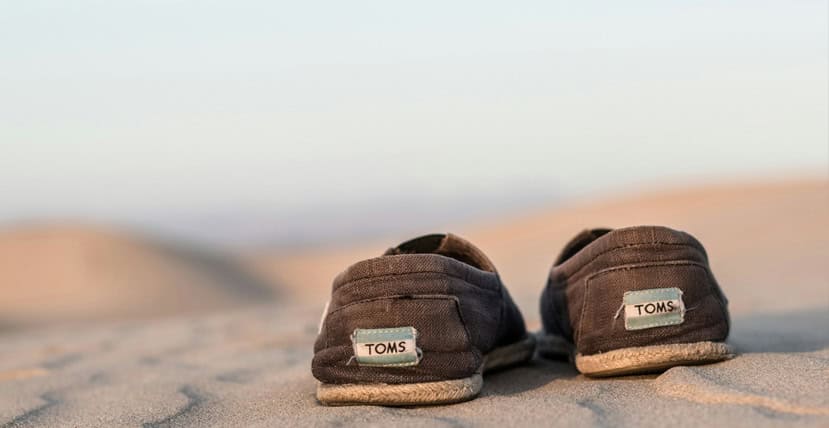Every month, Erise’s patent attorneys review the latest inter partes review cases and news to bring you the stories that you should know about:
PTAB Issues Fintiv Denial, Leaving Wireless Carrier Patent to E.D. Texas
The PTAB recently applied the Fintiv factors to deny institution of an IPR against Wireless Alliance, LLC, in light of parallel litigation set for trial in the Eastern District of Texas. T-Mobile, AT&T, Verizon Wireless, Nokia, and Ericcson petitioned for inter partes review of U.S. Patent No. 9,565,662 B2, which is directed toward “a carrier management method of performing a carrier deactivation procedure between a base station and a terminal in a carrier aggregation environment in which communication between the base station and the terminal is performed using a plurality of carriers.”
In March 2023, Wireless Alliance filed infringement suits against AT&T, T-Mobile, and Verizon, alleging that patents including the ’662 patent are essential to 4G and 5G standards, and that the defendants did not license the patent. Wireless Alliance is the exclusive licensee of the patent.
Trial in the district court case is scheduled to go forward this fall, whereas a final written decision on the IPR would not be issued until nearly a year later, in September 2025. While the petitioners stated that they would not pursue invalidity in the district court litigation on the specific combination of prior art references asserted in the IPR, it did not go so far as to offer a full Sotera stipulation. Consequently, the Board, relying on Sand Revolution, found that the overlap of issues weighed slightly against discretionary denial. The Board further found that the petitioner had not shown compelling evidence of unpatentability to otherwise overcome discretionary denial.
Federal Circuit Denies Standing for IPR Appeal
Viavi Solutions is the owner of U.S. Patent No. 9,354,369 for optical filters and sensor systems comprising the filters. The patent disclosed an “improved hydrogenated silicon material” that would “enhance the performance of the optical filter.”
In 2021, Viavi sued Platinum Optics Technology for infringement in two civil actions in the Northern District of California. Subsequently, Platinum Optics petitioned for IPR of the ’369 Patent. The patent infringement claims regarding the ’369 Patent were dismissed with prejudice from both matters in March 2022. Several months later, in October 2022, the PTAB issued a final written decision holding that Platinum Optics failed to prove that the challenged claims were unpatentable. Platinum Optics Technology appealed to the Federal Circuit.
On August 16, 2024, the Federal Circuit dismissed Platinum Optics’ appeal, holding that the company did not have standing. Under Article III of the U.S. Constitution, an appellant must establish standing based on an injury in fact traceable to the defendant’s conduct that is likely to be redressed by a favorable judicial decision. However, Article III standing is not required to appear before an administrative agency like the PTAB.
Platinum Optics argued that it had standing because it (1) supplied the accused products to parts integrators overseas and (2) was developing new models of its filters. More specifically, Platinum Optics argued that supplying the accused products and developing similar products created a likelihood that Viavi would sue again. Ultimately, the Federal Circuit found that “unsubstantiated speculation about a threat of future suit” associated with distributing the accused products was insufficient to establish an injury in fact for standing. With respect to Platinum Optics’ arguments regarding its development of new filters, the Court explained that Platinum Optics’ failure to identify any specific, concrete plans to develop a product that may encompass the ’369 Patent failed to establish a substantial risk or likelihood of an asserted claim of infringement.
The case highlights a discrepancy between standing requirements in an IPR and the Federal Circuit. Generally speaking, anyone other than the patent owner and who has not filed a civil action challenging the validity of a claim in the patent may file a request for IPR. However, Article III standing is required to appeal an IPR decision to the Federal Circuit. Often, pending infringement litigation will provide the requisite case or controversy to confer standing on an accused infringer but when the infringement litigation ceases to exist, as it did here between Viavi and Platinum Optics, the inherent standing does as well.


